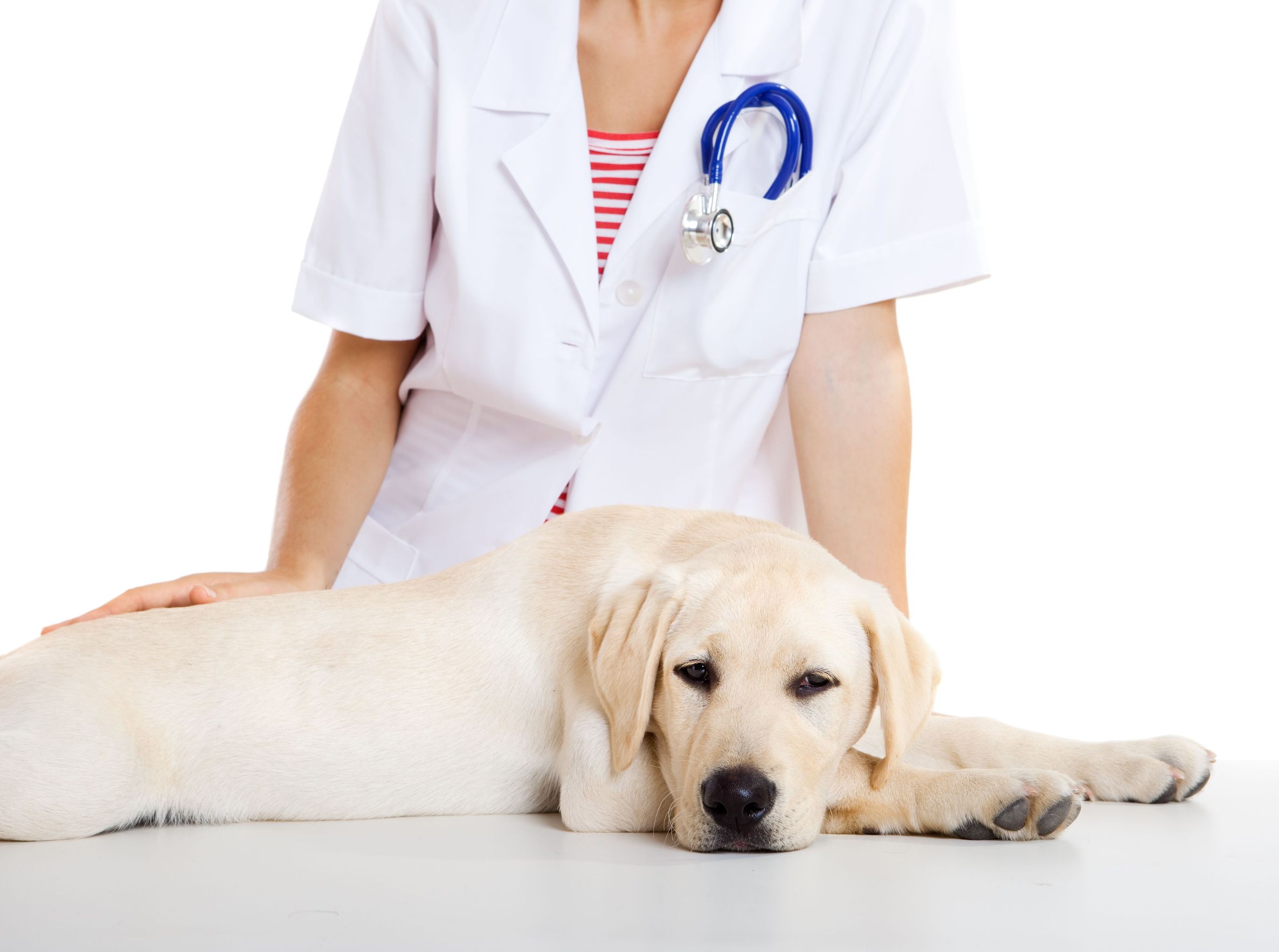The overall definition for a veterinarian in Bowie is someone who diagnosis and treats various diseases and disorders found in animals. A veterinarian is a medical doctor, it is just that his patients are animals, the education required to become a vet is no different than the education needed to become a human doctor. Once the prospective vet attains his bachelors or its equivalent, a further four years of study is required, at which time he will graduate as a DVM or VMD.
There are approximately 28 colleges in the United States that are accredited and offer veterinary studies. There are some that do not demand the completion of an undergraduate course of studies but they do have strict requirements for completed semester hours of courses which are a prerequisite to the studies.
The undergrad studies that are considered as prerequisites for studying to become a veterinarian in Bowie are:
* Physics
* Chemistry
* Basic Biology
* Animal Biology
* Zoology and genetics
The study of animal nutrition may also be a prerequisite at some colleges. These colleges place emphasis on the applicant’s exposure to animals, such as working in an animal shelter, stable, farm or veterinary clinic.
Vet school training:
The course to become a graduate veterinarian is four years, the first two of which are spent in advanced study and training in the basic veterinary sciences, the ones required as prerequisites. The last two years focus on clinical procedures which include the diagnosis of disease, surgical procedures, radiology, anesthesiology and obstetrics. The study of diseases that can be transferred from humans to animals is also studied in depth.
It is during these four years where the student decides whether his focus will be on large animals such as horses and cows or on small animals such as household pets. After graduating the four year course, a further year of internship is required.
Requirements for the license:
Every state requires that the graduate veterinarian in Bowie pass a licensing examination prior to practicing. The exam is known as the North American Veterinary Licensing Exam. The exam covers knowledge of the applicable laws in the state where they plan on practicing as well as the practical aspects of the profession. Most states also demand that the vet continues with his education so that he is aware of new diseases and treatments as well as new technology being employed. Continuing education is the key to license renewal.
If the vet, once licensed decides to move to another state, he will have to take the examination over again as there is very little in the way of reciprocity between states. If the veterinarian received training in a foreign country, he also has to prove proficiency in the English language and all clinical procedures.


